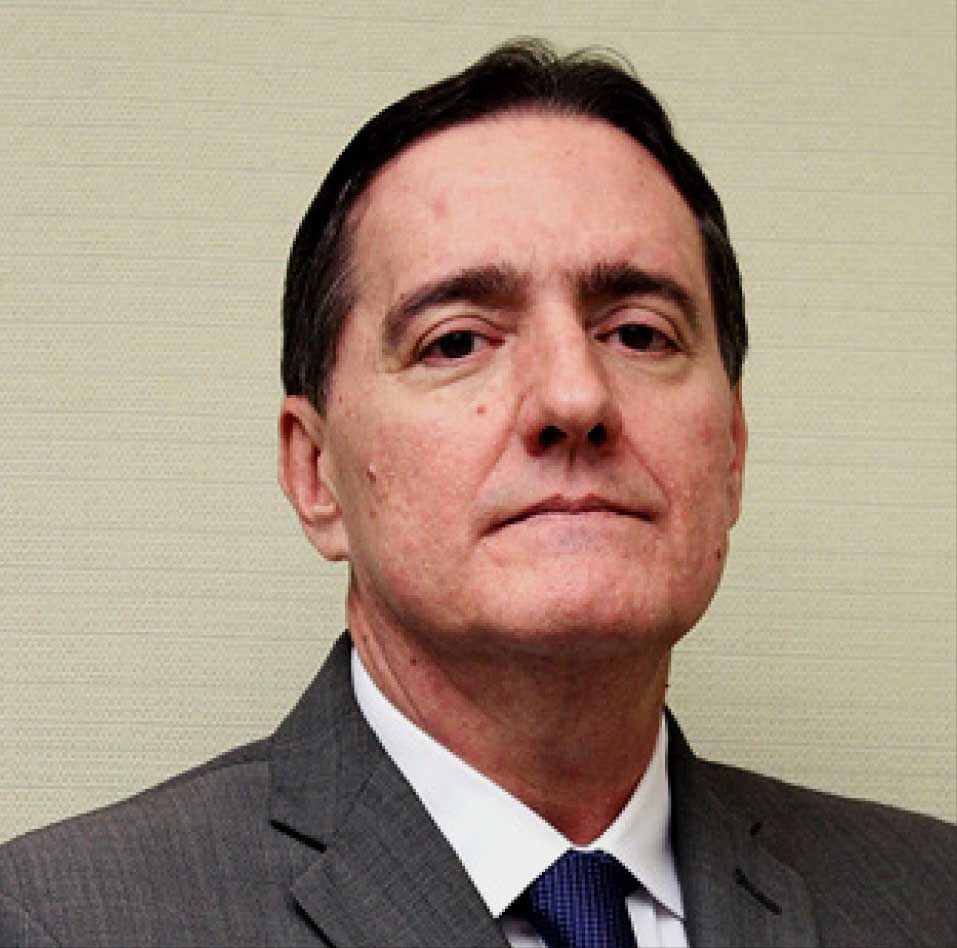DELIVERING vaccines for COVID-19 “will be challenging and costly “so it is vital that countries start preparing now,” said Jarbas Barbosa, Assistant Director of the Pan American Health Organization during a press briefing today. Projections for Latin America and the Caribbean show that vaccinating 20% of the population will cost more than $2 billion dollars.

PAHO is already working with countries in the Americas to facilitate access to COVID-19 vaccines under the COVAX Mechanism and will offer them the option to purchase the vaccines as a block through PAHO’s Revolving Fund. “As of today, 28 self-financing countries have signed agreements with the COVAX Facility, and an additional 10 countries are eligible for support under the COVAX Advance Market Commitment,” said Barbosa.
PAHO has also partnered with the Inter-American Development Bank, the European Union and other financial institutions and donors to secure the funding needed for lower income countries in the Region to join.
Dr. Barbosa highlighted that “while the Region continues to face challenges in responding to the virus, the past week has brought some good news regarding the development of potential COVID-19 vaccines. This is encouraging, and we’re eager to review the accompanying data.” But, he noted, “Only a vaccine that has proven safe and effective will be approved by regulators, endorsed by the WHO and, ultimately, be made available through COVAX.”
A COVID-19 vaccine is still some months away, “so measures to reduce the spread of the virus, control transmission and save lives must continue: wearing masks, maintaining physical distance, avoiding unnecessary gatherings and following the recommendations of local and national health authorities.”
Since the pandemic began, more than 23 million people have been infected with COVID in our region and more than 680,000 have died as a result of the virus. Over the last week, the Region of the Americas reported nearly 1.5 million cases and 19,000 deaths due to COVID-19, Barbosa said.
North America, including the United States, Mexico and Canada “remains a significant driver of new infections,” and in Central America, the COVID response is being affected by Hurricanes Eta and Iota. In most Andean countries, cases have decreased, although Brazil is seeing increases in cases and deaths in some states and Uruguay, the only country with cluster transmission, has seen spikes in some areas of its border with Brazil, Barbosa explained.
“It is clear that as this virus continues to actively spread in our region, countries must remain vigilant. Every country must continue to monitor their epidemic situation, and should new infections arise, they must adapt their responses quickly to prevent further outbreaks,” he said.
In addition, “We must make the most of the life-saving vaccines that are already available, to prevent other outbreaks of severe diseases such as polio, measles and others,” Barbosa said, noting that PAHO is working closely with governments to review their immunization programs, share regulatory information and strengthen their cold chain capacity to ensure a smooth and quick rollout of new COVID-19 vaccines when they are approved.
Barbosa noted that vaccination rates continue to fall in the Americas and have been impacted by COVID disruptions, with a decrease in demand for vaccination services. “This year, 9 countries in the Region of the Americas reported a total of 8479 cases of measles, including 8 deaths, and 5 countries reported 56 cases of diphtheria, including 16 deaths. Both of these diseases are fully preventable with vaccines,” he said.
PAHO and UNICEF have already kicked off the purchasing process for COVID-19 vaccines by inviting vaccine manufacturers around the world to apply to become a supplier for the 186 countries that have joined the COVAX facility, which aims to deploy 2 billion doses of the vaccines globally, with priority of protecting health workers and those at high risk of severe disease. Barbosa also noted that there are 11 potential COVID-19 vaccines in advanced trials.













